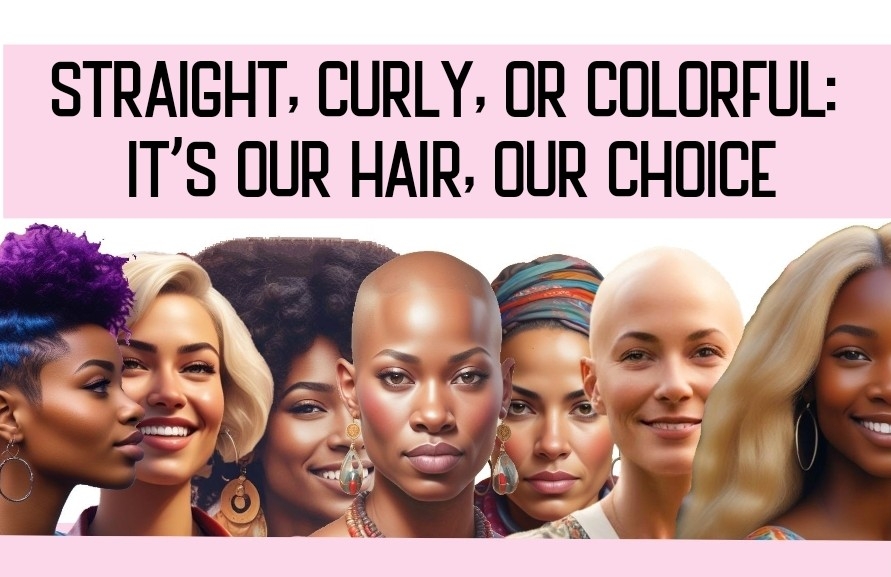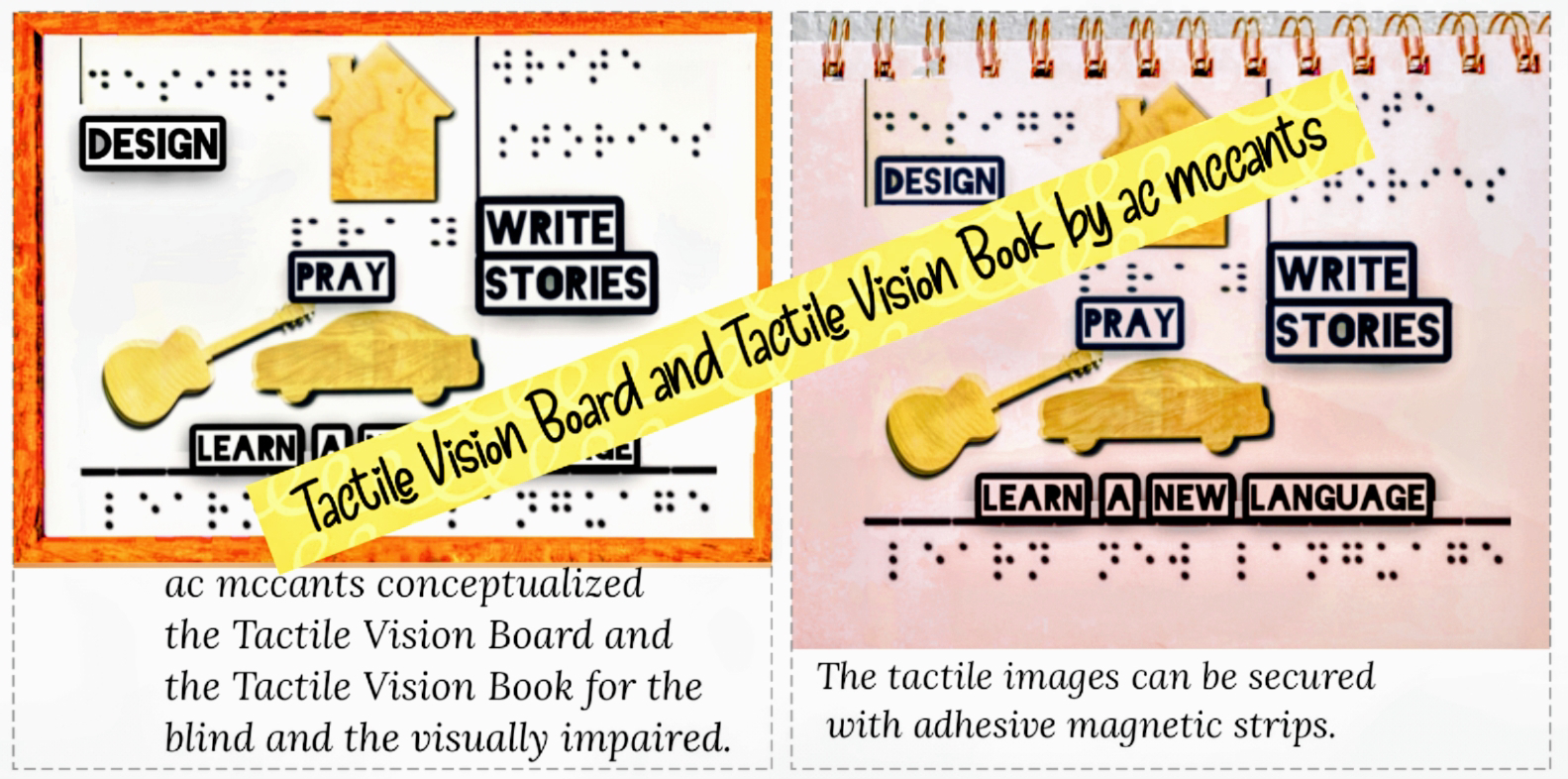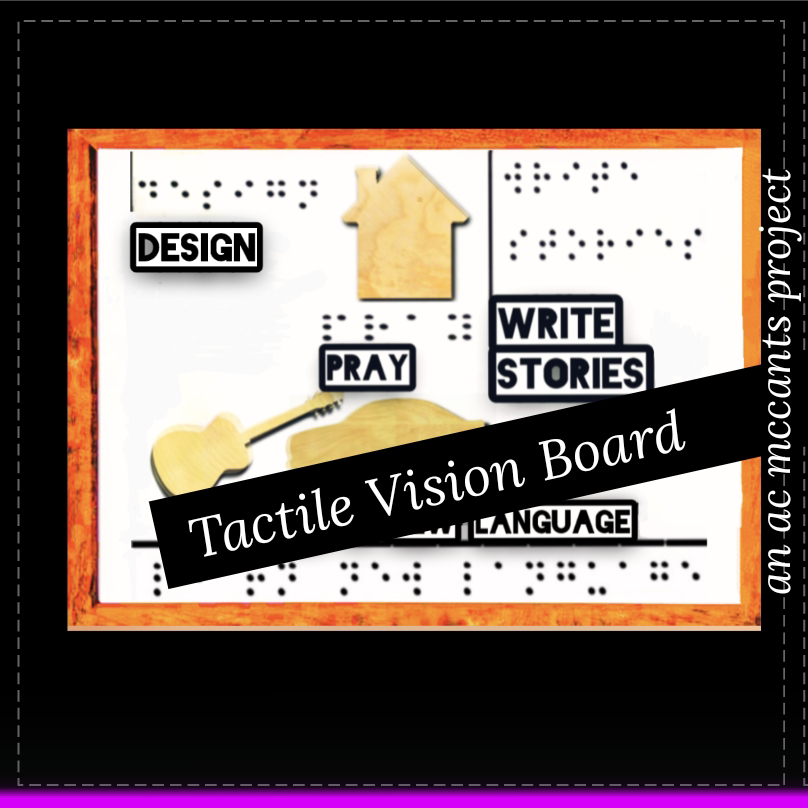Self-help books have become a staple in personal development, offering advice, strategies, and insights to encourage positive change.
However, despite their popularity, not every reader finds the guidance effective. Several key factors can limit the impact of these books on individual growth and transformation:
Individual Circumstances
One primary reason self-help books may not resonate with all readers is the diversity of individual circumstances. Personal challenges vary widely; what works for one person may not apply to another due to different life experiences, contexts, and readiness to change. For instance, a reader facing a specific emotional crisis may find broad advice unhelpful if it doesn't directly address their unique situation.
Lack of Personal Engagement
A crucial component of successful personal development is the reader's commitment to change. Simply reading a self-help book doesn't equate to actively working on oneself. Many readers may find themselves skimming through pages without taking the time to implement the proposed strategies. This lack of engagement undermines the potential benefits of the book, making it more an exercise in consumption than transformation.
Underlying Mental Health Issues
It is essential to recognize that some personal obstacles may stem from deeper mental health issues. For individuals struggling with anxiety, depression, or trauma, self-help books often fall short. In such cases, professional intervention may be necessary to address these complex challenges adequately. Self-help advice can supplement therapy, but it cannot replace it.
The Importance of Accountability
Another limitation of self-help books is the absence of accountability. When readers work through their issues independently, it's easy to fall back into old habits without external support. A therapist or coach can provide necessary guidance and monitoring, ensuring that individuals stay on track in their journey toward personal growth.
Maximizing the Benefits of Self-Help Literature
To gain the most from self-help books, readers can take several proactive steps:
1. Select Books Based on Your Needs: Tailor your reading choices to address specific challenges you face. This targeted approach can enhance the relevance and applicability of the advice.
2. Actively Apply the Advice: Engage with the material beyond passive reading. Identify actionable steps presented in the book and make a concerted effort to practice them regularly. Setting aside time for reflection and experimentation can facilitate real change.
3. Seek Professional Help When Needed: Recognize when an issue may require more than self-help solutions. Consulting a therapist can provide the necessary support and guidance for dealing with complex mental health matters.
In summary, while self-help books can offer valuable insights and strategies for personal improvement, their effectiveness is not universal. By understanding the factors that limit their impact and proactively engaging with the content, readers can enhance their chances of translating that knowledge into meaningful change in their lives.













